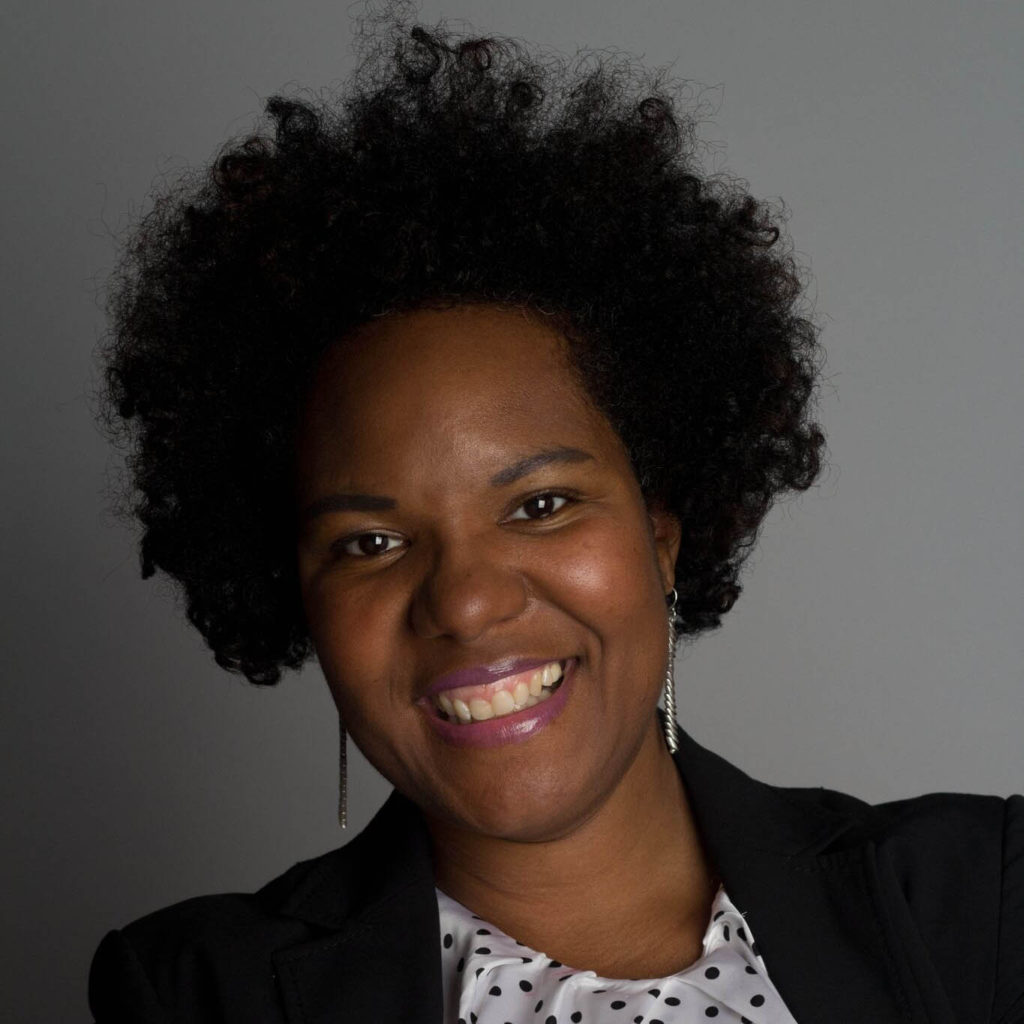Different Schools of Thought: How Schools Respond to Conflict
June 16, 2022 @ 5:30PM — 6:30PM Eastern Time (US & Canada) Add to Calendar

Join New York Peace Institute for a free virtual discussion about the past, present, and future of conflict and conflict resolution in schools.
The past few years we have seen an unprecedented level of conflict in the United States and New York, stemming from a contentious election and increasing political division, the devastating COVID-19 pandemic, which continues to impact our communities, and the rise of social justice movements in response to police violence, racial and cultural discrimination, and other concerns.
Schools are a microcosm of broader society, and, as such, schools are often where people contend with the impact of broader societal issues. From administrators and teachers to parents and students, schools are rife with both interpersonal conflict, while also balancing the fragile social-emotional wellbeing of students, staff, and the wider community. At the same time, schools are also a central container for debates and conflicts about broader issues like remote schooling, mask wearing, as well as equity and racial justice.
Join New York Peace Institute as we present an engaging dialogue about how schools have traditionally handled conflict; the type of conflict we have seen before, during, and after COVID-19; and the changing perceptions about conflict and conflict resolution through the perspectives of those on the frontlines.
Panelists & Moderator Bios:


Joshua Modeste - Joshua is a Science Teacher at the Urban Assembly School for Global Commerce in New York City. As an advocate for more diversity in STEM, he engages students of color with science research and mentorship opportunities. A Math for America Early Career Fellow, Joshua has conducted cutting-edge research at The New York Stem Cell Foundation and James Cook University in Townsville, Australia.

Lori Podvesker - Lori coordinates the implementation of INCLUDEnyc’s policy work in the education and developmental disabilities systems. She has taught general and special education in a variety of urban settings, and has a master’s degree in Education from Brooklyn College. She is the parent of a teen-age son with intellectual disabilities who attends a District 75 program.


Ayanna Behin - Ayanna is the Director of Training and Conflict Consulting, and she